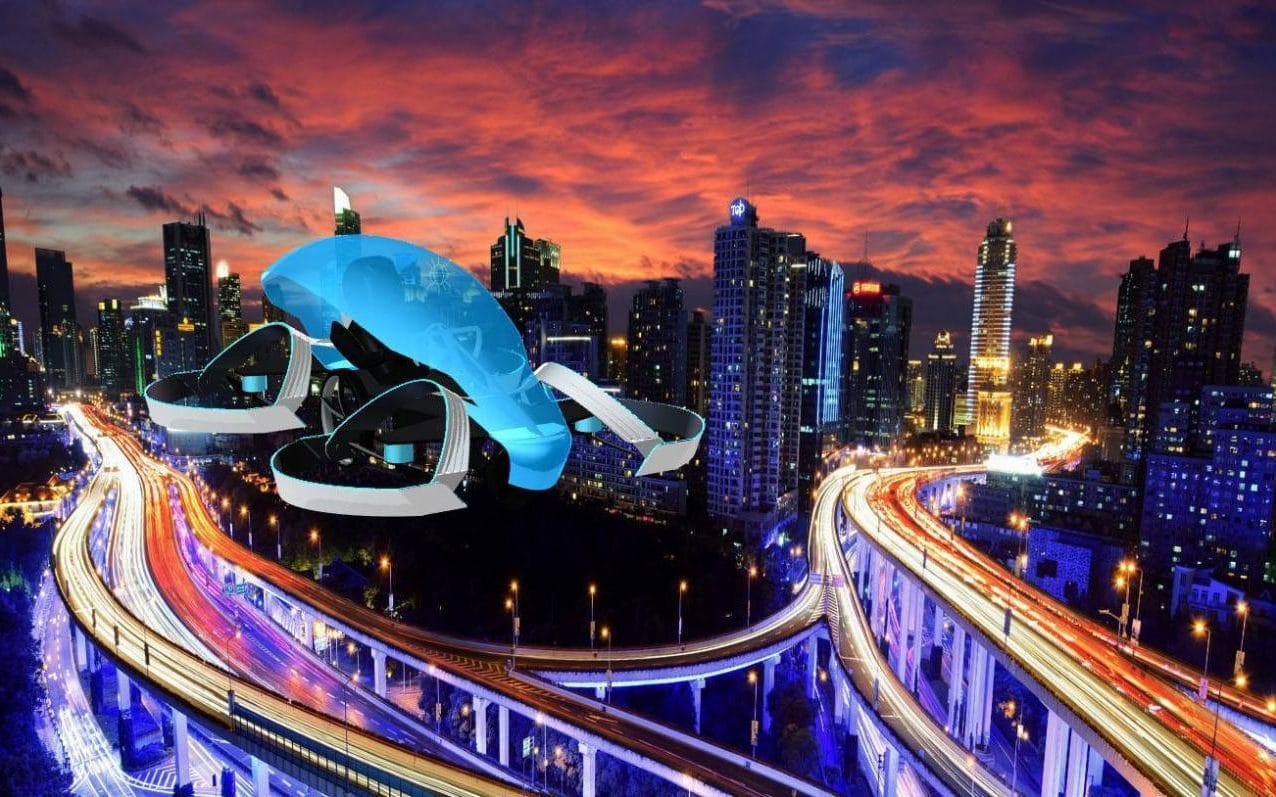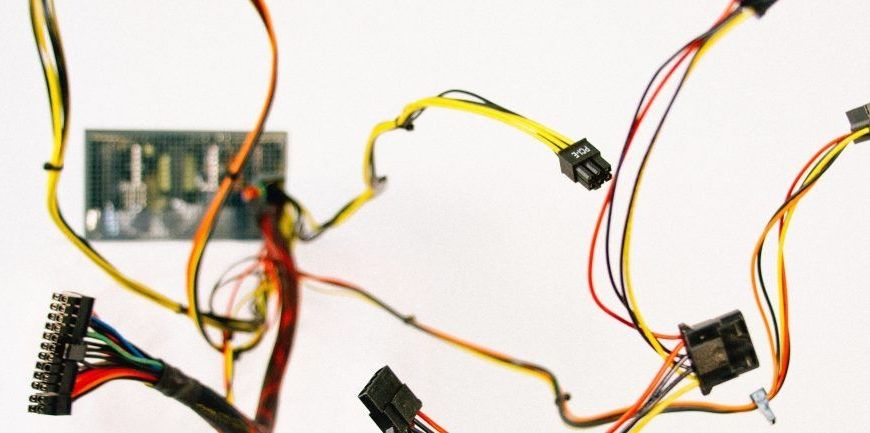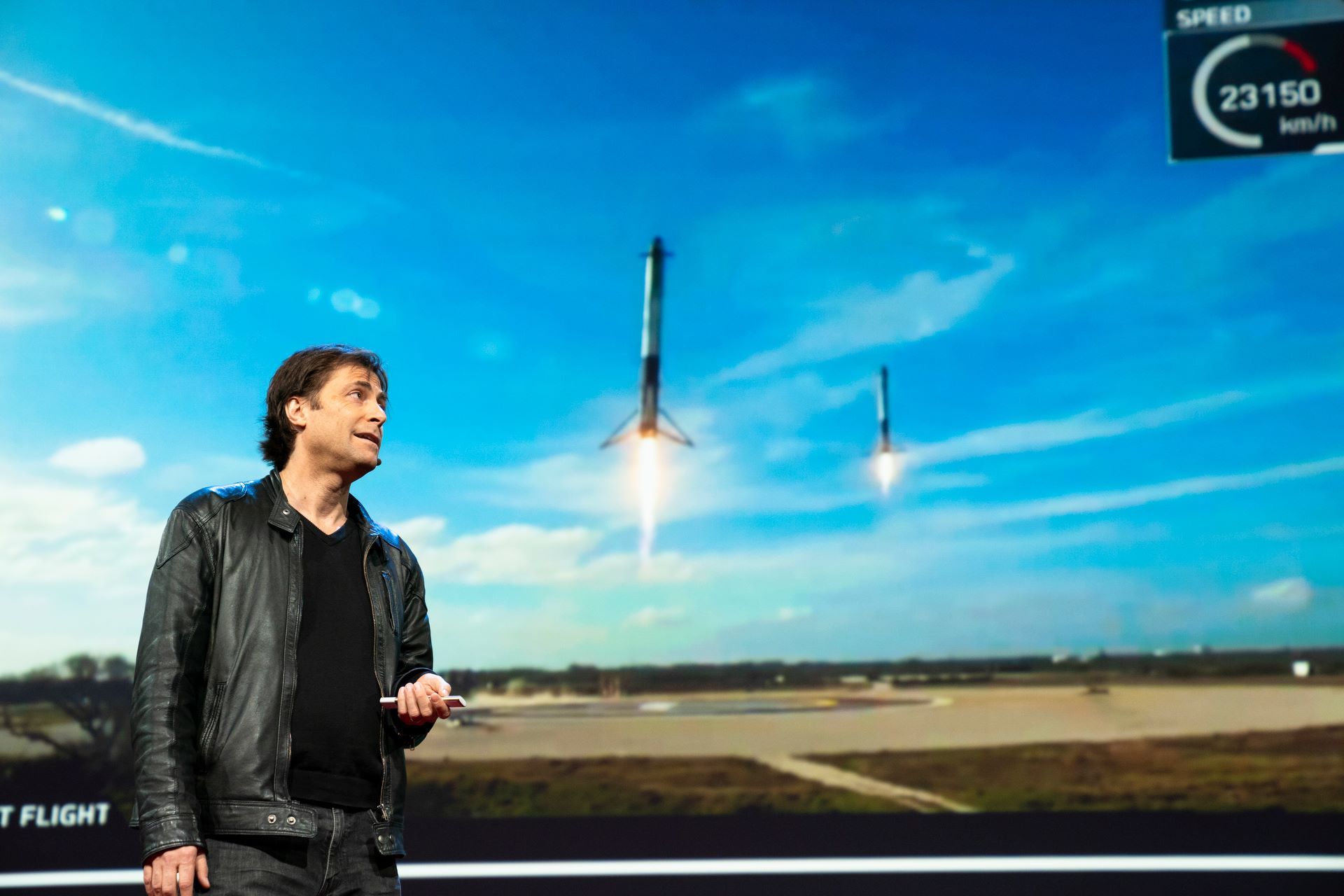China’s PLA, or People’s Liberation Army, is actively trying to make advances in military robotics and unmanned systems. It now has a range of unmanned aerial vehicles, or drones, in use across its army, navy, air force and rocket force – the military’s strategic and tactical missiles unit. Here are some of them.
The PLA ground force has a number of UAVs that are primarily smaller, more tactical models and are often used for battlefield reconnaissance and targeting artillery fire to improve precision strikes. A significant proportion of these are part of a series produced by the Xian Aisheng Technology Group. The fixed-wing drones have a conventional design with a mid-wing configuration and are used to support the artillery.
The navy generally uses smaller, tactical drones but it also has a limited number of sophisticated reconnaissance UAVs, notably this medium-altitude, long-endurance model. Roughly comparable to the US Global Hawk, it has a maximum range of 2,400km and a maximum endurance of 40 hours. It has been operating in the vicinity of the East China Sea since at least 2013 and there were also reports in 2016 that it had been deployed to Woody Island in the South China Sea – both disputed territories.







